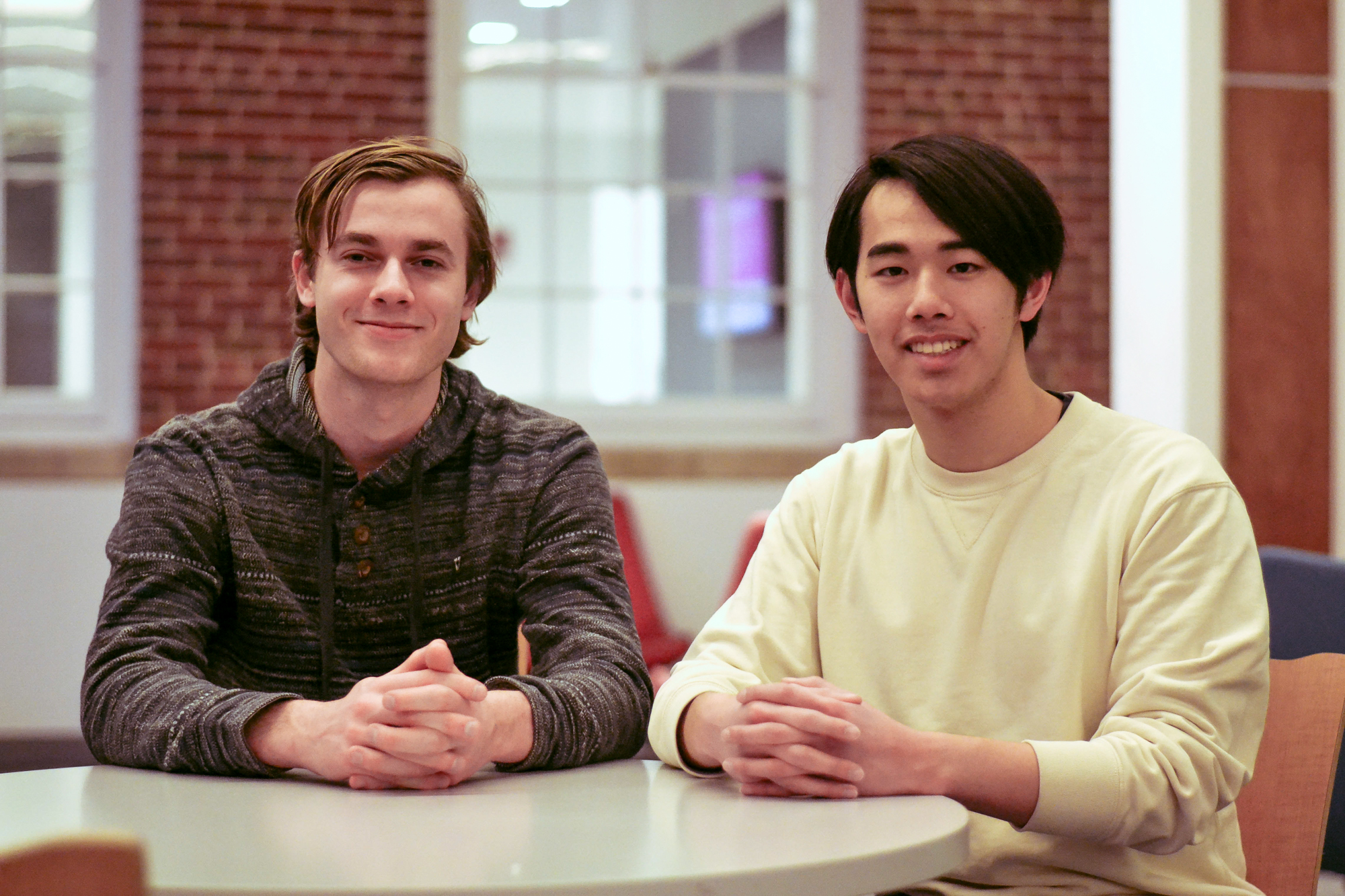Sander Schulhoff has been fascinated with AI communication since he stepped foot on the University of Maryland’s campus his freshman year. Now a junior computer science student, Schulhoff developed a free, open-source course on AI prompting — or communicating with artificial intelligence — for beginners.
In his first semester in 2020, Schulhoff began researching natural language processing at the Computational Linguistics and Information Processing lab at this university. Schulhoff’s work at the lab used computational techniques to advance scientific knowledge of the human aptitude for language — which involved AI.
“There was an application in the lab translating between two languages: between a bot language and English, where I used GPT-3 and wrote a mini research paper,” Schulhoff said. “People were pretty happy with it, so I’d say that is kind of where the momentum came from.”
In December, Schulhoff decided to extend his knowledge from the processing lab and write a course about AI communication for an English class assignment.
[UMD alums bring rechargeable power bank business to Maryland sports games]
The guide, called Learn Prompting, teaches how to direct AI to effectively think like a human through prompts — also known as prompt engineering. As with recent applications such as ChatGPT, AI can automate tasks such as writing essays, replying to emails and creating digital art, but it needs careful instruction to do them well.
Schulhoff’s lessons are broken down into categories such as learning prompting, giving proper instructions, hacking prompts and fine-tuning your prompts. The course is all text-based, and users can use certain embeds on the site to test their prompts while learning new strategies.
“There is simply no other website or guide that exists like it,” Schulhoff said.
In the last two months, the website has amassed more than 60,000 users.
He’s also developed communities on Twitter and Discord where users can continue to follow and discuss all things AI.
Luke Currier, a sophomore computer science and philosophy major from Northeastern University, has been through the vast majority of the material on Learn Prompting and believes it can help alleviate the fear of AI technology.
[UMD CMNS college receives $500k grant to improve introductory classes]
“We’re having a lot of really interesting discussions about AI ethics,” Currier said. “There’s no better place to do it than a community of people who are interested in it and doing it for free.”
Currier hopes a free resource and community-driven space such as Learn Prompting will become the norm for learning about AI.
“Communities like this are exactly what we need when new technologies start to emerge,” Currier said in a Discord message.
Zach Zhao, who graduated from this university in 2022 with a degree in computer science, also appreciates that Learn Prompting brings AI technology into public spaces. Zhao has been working with Schulhoff on the course after meeting him at the Startup Shell, a student-run co-working space at the university, last semester.
“I’m really fascinated by this technology,” Zhao said. “It’s culminated to a point where a lot of everyday people can start using it. It used to be locked behind research labs, but now it’s being democratized.”



